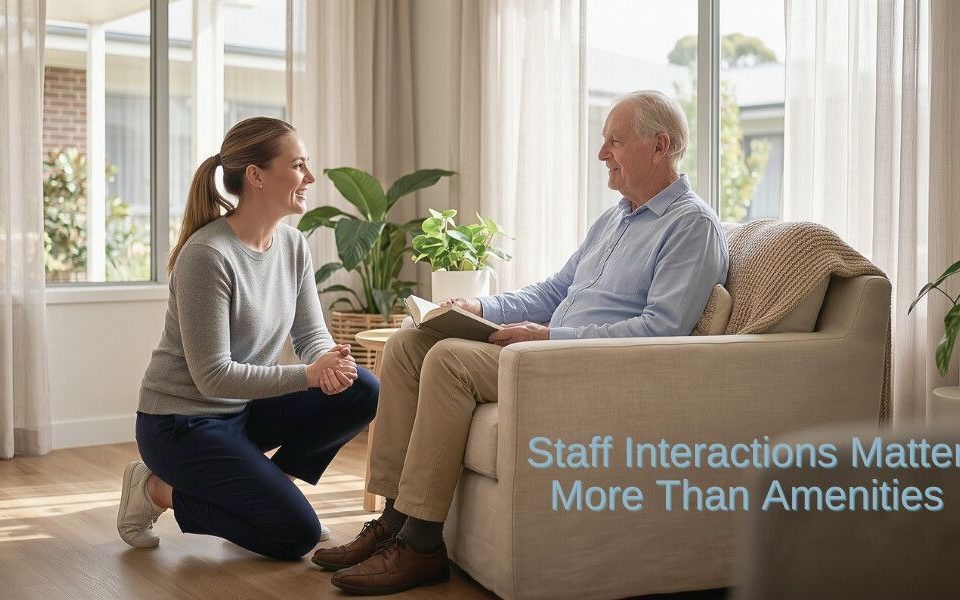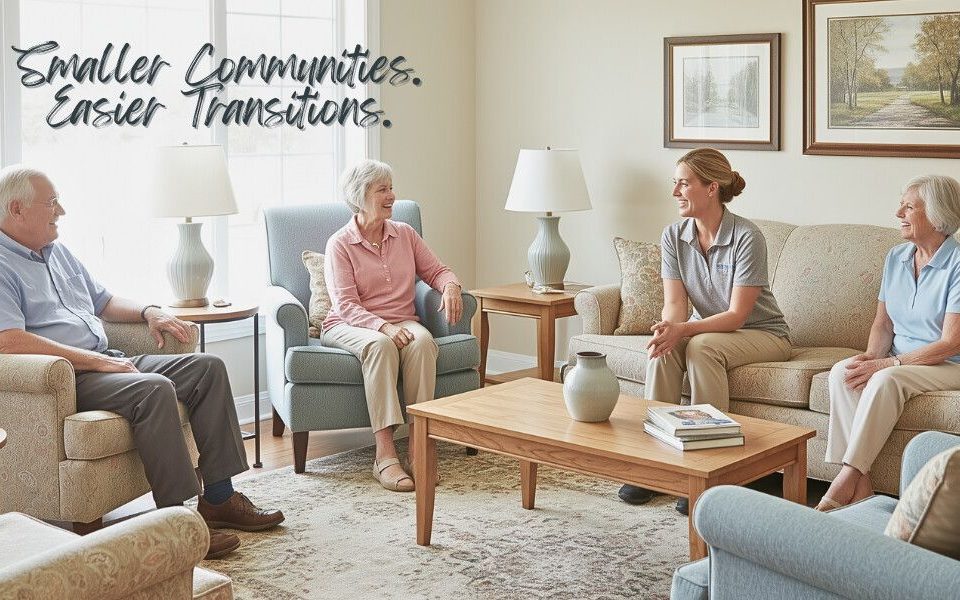
Taking care of a loved one as their health declines is an act of love. But let’s face it: caregiving can be demanding. Often, families jump in without a clear plan, leading to confusion, stress, and resentment. That is where a personal care agreement (PCA) becomes essential. This post will cover the basics of PCAs for families.
Personal Care Agreement for Family Caregivers
Think of a PCA as a roadmap for caregiving. It’s a written agreement, often between family members. In this agreement, one relative (the caregiver) agrees to provide care for another (the care recipient). The caregiver is often an adult child caring for an aging parent, but it could be any family member. A PCA outlines the caregiver’s responsibilities, the expectations of the care recipient, and any compensation involved.
The Importance of PCAs
A Personal Care Agreement benefits both the caregiver and the care recipient:
- For Caregivers: A care agreement reduces stress and burnout by setting clear boundaries about what care they will provide and when. It also serves as a record of agreed-upon terms and protects you legally in unexpected situations.
- For Care Recipients: The agreement ensures that your wishes regarding care are respected. It also encourages open communication with your caregiver.
Key Elements of a PCA
- Who’s Involved: Identify the caregiver and the care recipient.
- The Provided Care: List specific daily tasks and responsibilities, like meal preparation, medication assistance, or transportation.
- Compensation: Discuss any financial compensation for caregiving or outline non-monetary benefits (e.g., room and board). Ensure compensation is reasonable compared to professional caregivers.
- Schedule and Availability: Set expectations for the caregiver for work hours, breaks, and time off.
- Communication Plan: Agree on preferred communication methods (phone calls, texts, emails) and how to provide updates.
- Review and Revision: Plan to revisit and update the agreement as the care recipient’s needs or the caregiver’s availability changes.
Frequently Asked Questions
- Do I need a lawyer?
PCAs don’t always require a lawyer. However, consulting a lawyer may be advisable depending on the situation’s complexity.
- Does a personal care agreement need to be notarized?
No, a personal care agreement does not require notarization to be valid. In most cases, a signed agreement with witnesses is sufficient. However, you may want to check with an attorney to learn the requirements in your state.
- Can past care be covered?
No, compensation typically applies to future services.
- What if our needs change?
As situations change, it’s important to revisit and update the agreement. Ensure to include a clause stating that any changes to the agreement need written approval from both parties.
- Is compensation for family caregivers taxed?
The tax situation for family caregivers can be tricky. It depends on your specific circumstances. It’s best to consult a tax professional for specific guidance or check out IRS regulations for family caregivers.
Taking the Next Step
Open communication is key to a successful caregiving journey. Consider creating a Personal Care Agreement with your loved one to ensure a smooth and positive experience for everyone involved.
The Mountain Side of Warm Springs fosters an environment of purpose and independence for our residents. We aim to ensure an enjoyable, fulfilling life for the seniors in our care. Click here to learn more about our customized senior services. You can also click here for information about our suites.
Schedule a visit to Mountain Side by clicking here.
Thanks for visiting!



